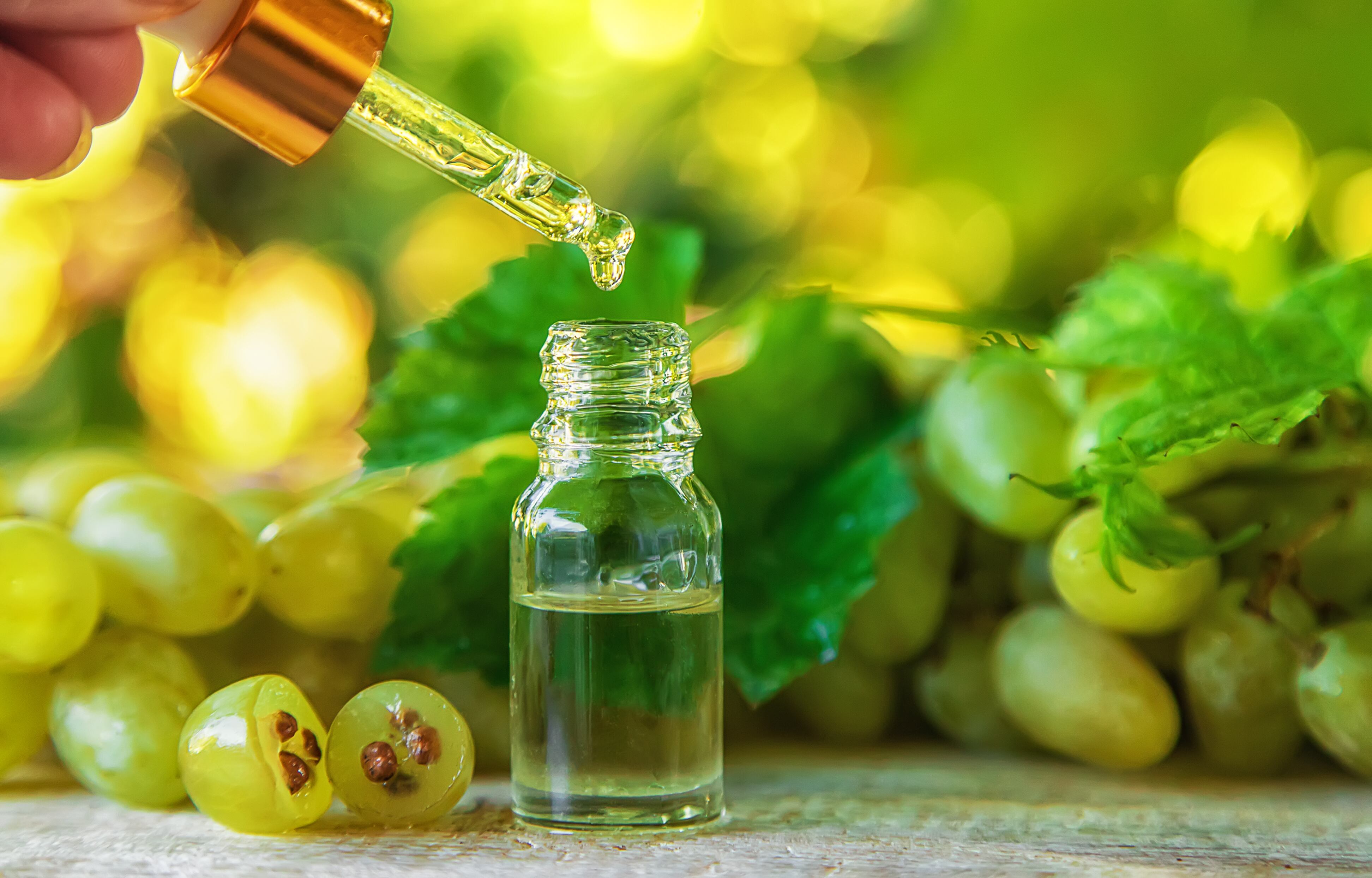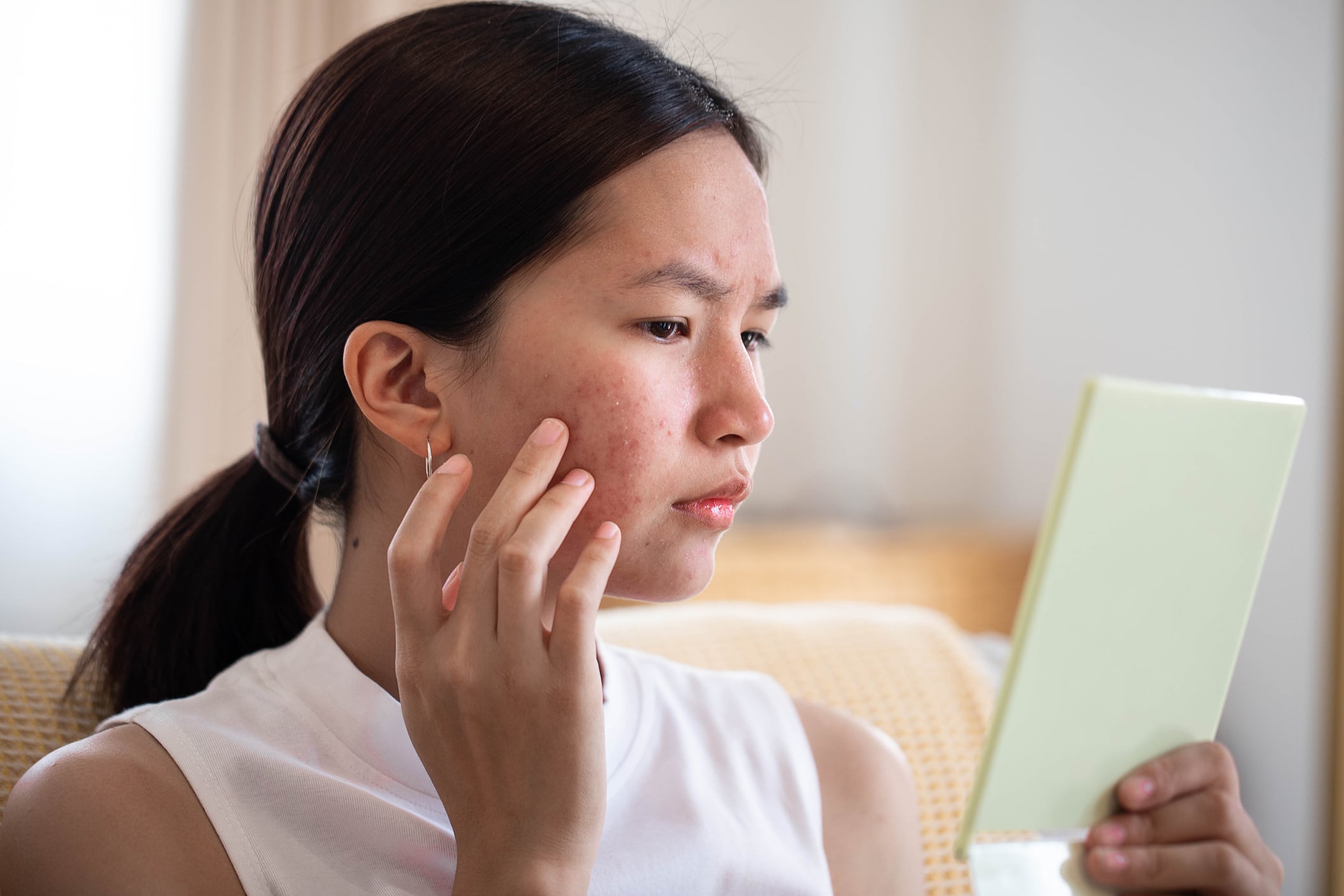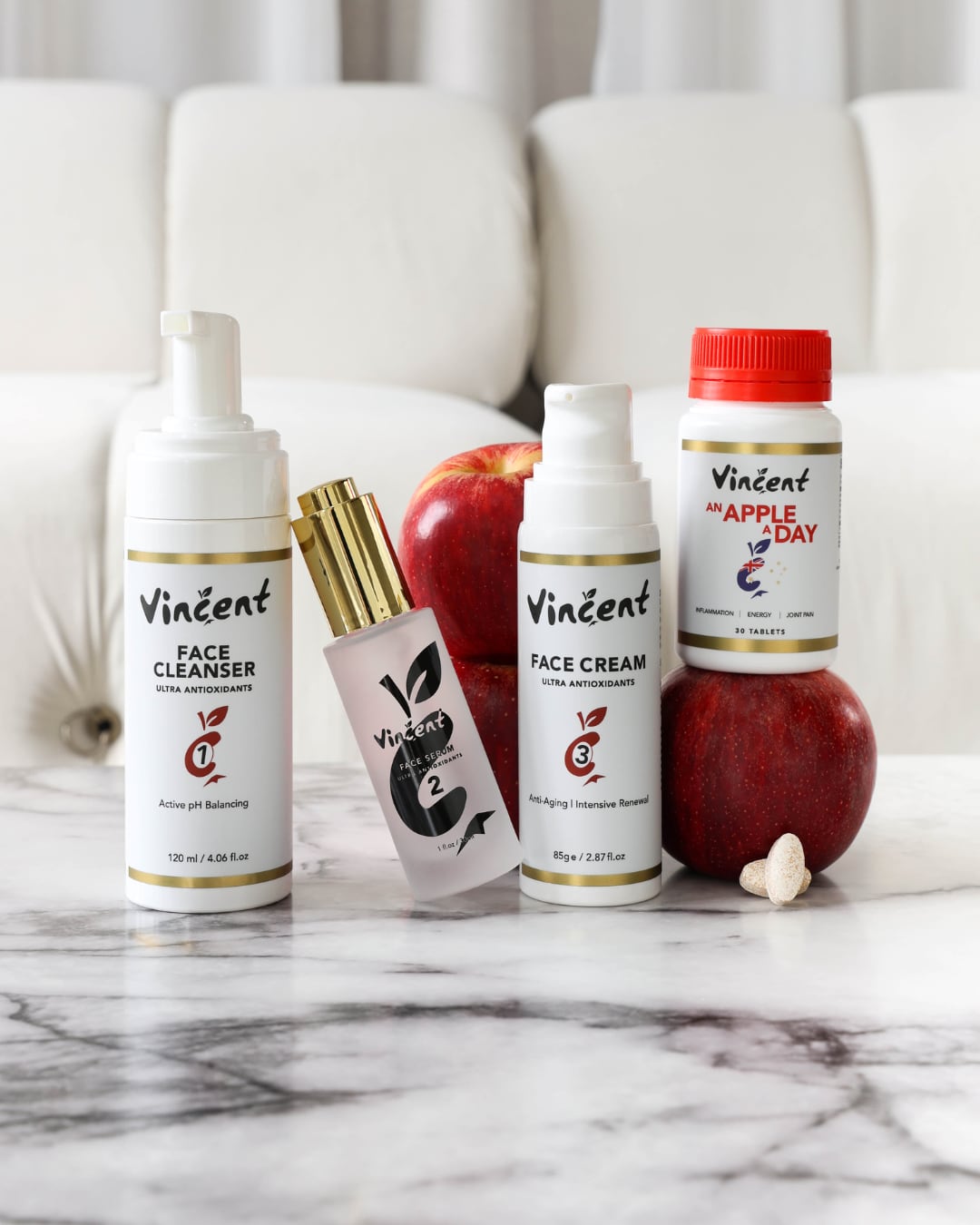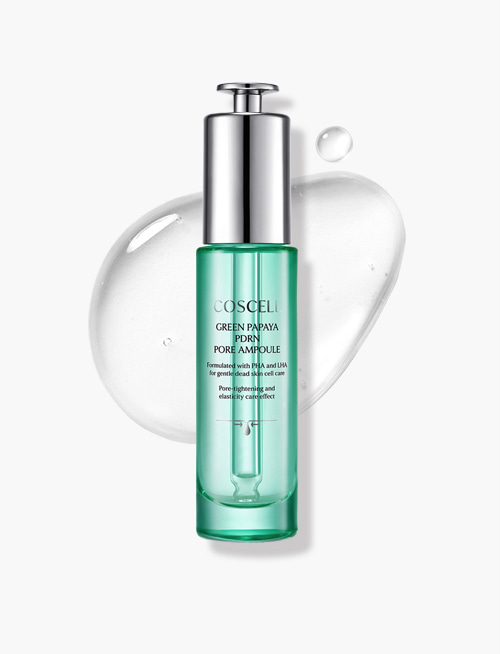Taken from a Lebanese white grape variety, the extract could be a new potential active ingredient for anti-ageing skin care formulations, according to researchers from Université Saint-Joseph, the University of Cagliari, and Saint George Hospital University Medical Center.
The team encapsulated polyphenol-rich extract from Obeidi grape seeds into nano-carriers known as hyalurosomes — phospholipid vesicles combined with hyaluronic acid — to evaluate their effect on skin health.
Subsequently, they reported significantly better hydration and reduced wrinkle depth in the group using the hyalurosome-loaded serum.
These results suggested that grape seed extract, delivered with this nanotechnology, could have real potential in cosmetic and cosmeceutical applications.
Strong antioxidant profile from winemaking byproduct
Obeidi grape seeds, byproducts of the Lebanese winemaking process, were chosen for their high polyphenol content. Instead of letting grape pomace go to waste, the researchers saw an opportunity to use it as a sustainable source of bioactives. This aligned with circular economy goals and offered added value for the wine industry.
The extract’s antioxidant capacity, confirmed using standard lab tests, showed strong radical-scavenging activity, which is key for protecting skin from oxidative stress caused by sun exposure and pollution.
Nano-formulation boosts skin delivery
To improve skin absorption, the researchers encapsulated the extract in phospholipid vesicles (small lipid-based spheres that mimic the structure of cell membranes).
The researchers created two types: standard liposomes and hyalurosomes, which include hyaluronic acid, a common skin care ingredient known for its moisturising properties.
The resulting vesicles were stable at refrigeration temperature for up to three months, with an average size of 148 to 159 nanometres. More than 97% of the antioxidant compounds were successfully encapsulated.
In lab tests using human skin cells (keratinocytes), the hyalurosome formulation increased cell viability by up to 144%, suggesting both safety and a potential to stimulate cell regeneration.
The hyalurosomes not only protected the skin cells from oxidative stress but also promoted their growth — a strong signal of anti-ageing potential.
Human study confirms skin care benefits
The clinical trial involved 40 women divided into two groups. One received a serum containing the grape seed extract in hyalurosomes, while the other received a placebo version of the same formulation without the extract.
Participants applied the serum twice daily for 12 weeks. Their skin was evaluated at the beginning and end of the study using standard tools to measure hydration, melanin (pigmentation), erythema (redness), sebum (oil), trans-epidermal water loss (TEWL), and wrinkle depth.
Results showed that the extract-loaded serum led to a statistically significant improvement in skin hydration, with a large effect size. There was also a visible reduction in wrinkle depth around the eyes, especially in lateral canthal lines (more commonly known as ‘crow’s feet’).
The researchers used an ARAMO imaging system that confirmed that the polyphenol serum softened fine lines.
At the same time, redness (erythema) also decreased more in the treatment group than the placebo group, although the difference was small.
Changes in melanin levels, sebum production, and TEWL were not statistically significant but trended in a favourable direction. The product was well-tolerated across all skin types, and no adverse reactions were reported.
Potential for wider cosmeceutical use
The study built on previous research showing that grape-derived polyphenols could protect skin from UV damage, reduce inflammation, and stimulate collagen production. However, this was one of the few clinical studies that tests a full product using grape seed extract delivered through a novel nanocarrier.
The hyalurosome formulation is considered an advantage, as hyaluronic acid can increase product viscosity and skin adherence while enhancing active ingredient delivery. It also addresses a common challenge in using natural extracts: ensuring their stability and penetration through the skin barrier.
Amid growing growing demand for plant-based actives that deliver both efficacy and sustainability, the formulation ticks both boxes.
The extract was also co-loaded with glutathione, a well-known antioxidant, to boost its protective effect against environmental stressors.
Commercial implications and next steps
The findings could have implications for cosmetic and skincare manufacturers looking to expand their anti-ageing portfolios with clinically validated, natural ingredients. The use of Lebanese Obeidi grape seeds also opens opportunities for regional branding and upcycled ingredient sourcing.
However, further studies with larger sample sizes are needed to confirm long-term benefits and understand optimal dosing.
The researchers concluded: “Clinical findings confirm the efficacy of hyalurosomes in improving skin parameters. The formulation presented a positive impact on fine lines around the eyes, suggesting its potential in addressing wrinkles caused by ageing and facial expressions. Notable improvements in skin erythema, hydration, and trans-epidermal water loss (TEWL) underscore the benefits of incorporating polyphenols into skincare products.
“The reduction in erythema reflects anti-inflammatory effects, while the significant increase in hydration and decrease in TEWL demonstrate enhanced skin moisture and barrier function. Collectively, these results suggest that polyphenol-enriched serum represent a promising approach to improving skin health and combating signs of ageing.”
Source: Cosmetics
“Clinical Trial to Evaluate the Effect of Grape Seed Extract-Loaded Hyalurosomes on Skin Wellness”
https://doi.org/10.3390/cosmetics12020038
Authors: Rita Abi Rached, et al.




